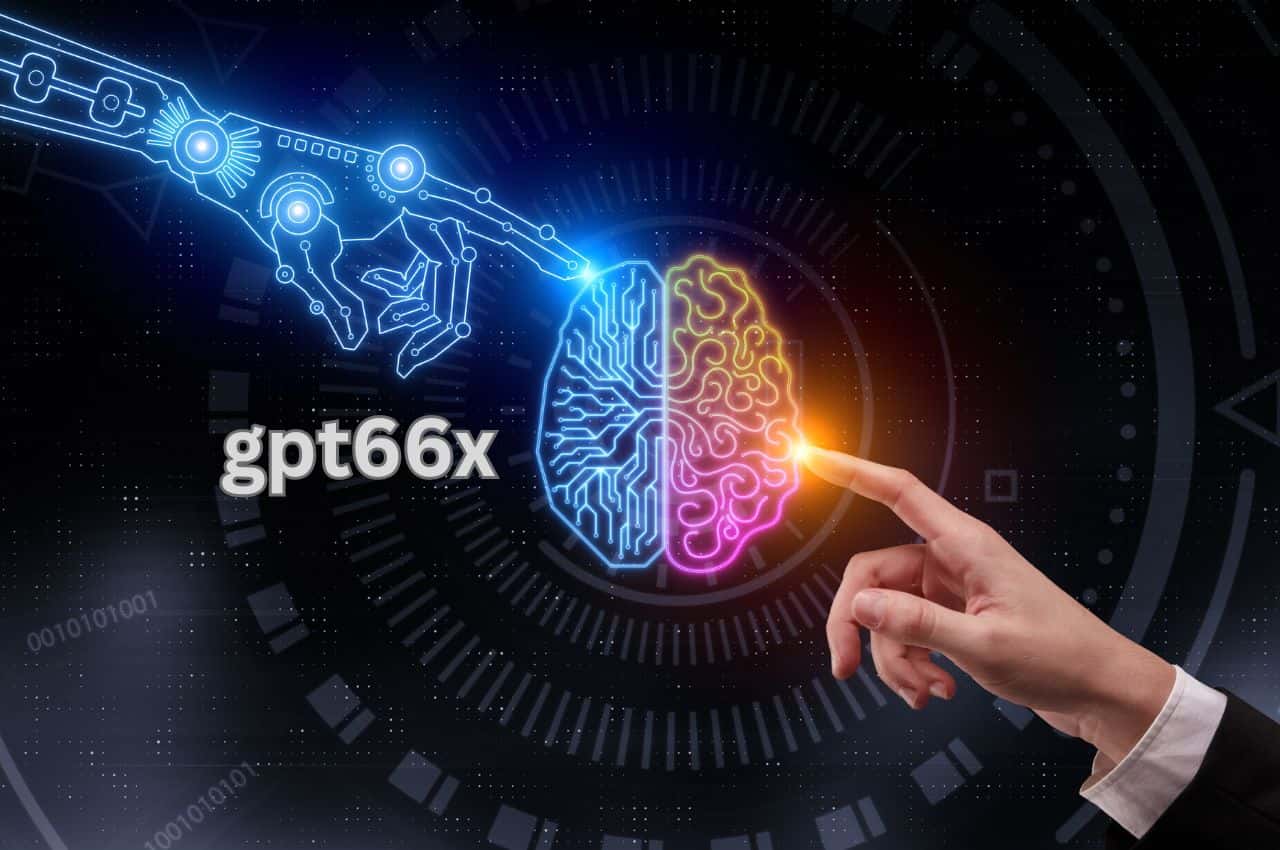Contents
Introduction to GPT-3 and its capabilities
Welcome to the era when AI technology is pushing boundaries and reshaping our world as we know it. Imagine a system that can generate human-like text, understand context, and even engage in meaningful conversations—this is where GPT-3 comes into play.
In this blog post, we will delve into the fascinating realm of GPT-3 and explore how gpt66x is spearheading a revolution in artificial intelligence like never before. Let’s embark on this exciting journey together!
The History of Artificial Intelligence
Artificial Intelligence, or AI, has a rich and fascinating history that dates back to the mid-20th century. The concept of AI was first introduced in a workshop at Dartmouth College in 1956, where pioneers like John McCarthy and Marvin Minsky laid the groundwork for what would later become a groundbreaking field of study.
Over the years, AI technologies evolved from simple rule-based systems to more complex neural networks and machine learning algorithms. Significant milestones include IBM’s Deep Blue defeating world chess champion Garry Kasparov in 1997 and Google’s AlphaGo beating Lee Sedol at the game of Go in 2016.
Today, we find ourselves amidst a technological revolution powered by advancements in AI. From self-driving cars to virtual assistants like Siri and Alexa, AI has permeated almost every aspect of our lives, reshaping industries and revolutionizing how we interact with technology. As we delve deeper into AI’s capabilities, it is crucial to reflect on its historical roots and appreciate how far we have come.
How GPT-3 is Changing the Game?
GPT-3, also known as gpt66x, is a groundbreaking AI technology that is genuinely changing the game in the field of artificial intelligence. Its ability to generate human-like text has opened up a world of possibilities across various industries.
One fundamental way GPT-3 is revolutionizing AI technology is by enabling more natural and fluid interactions between humans and machines. This advancement has paved the way for improved customer service chatbots, personalized content generation, and creative writing assistance.
Moreover, GPT-3’s vast database allows it to provide accurate information quickly and efficiently. From answering complex research questions to aiding in language translation, this AI model is streamlining processes and enhancing productivity like never before.
As we continue to explore the endless capabilities of GPT-3, it becomes evident that this technology has the potential to transform how we interact with machines on a daily basis.
Real-life Applications of GPT-3
In the realm of real-life applications, GPT-3 has showcased its versatility and power across various industries.
One notable use case is in customer service, where it streamlines support by providing prompt and accurate responses to inquiries. This lessens the burden on human agents while simultaneously improving the user experience.
Additionally, GPT-3 is being harnessed in content creation, aiding writers with generating ideas and even drafting articles efficiently. Its ability to mimic human language convincingly blurs the line between AI-generated and human-written content.
Moreover, businesses are leveraging GPT-3 for personalized marketing campaigns. By analyzing data and predicting consumer behaviour, companies can tailor their messaging to target audiences effectively.
Furthermore, in healthcare, GPT-3 assists medical professionals in diagnosing illnesses based on provided symptoms and recommending treatment options.
The potential of GPT-3 extends beyond these examples as innovators continue to explore new ways to integrate this cutting-edge technology into our daily lives.
Ethical Considerations and Concerns
Ethical considerations and concerns surrounding AI technology, particularly GPT-3, are becoming increasingly prevalent in today’s society. One primary concern is the potential for biased or discriminatory outputs based on the data fed into these models. This calls into question the inclusion and fairness of AI applications.
Another ethical dilemma revolves around the misuse of AI-generated content, such as deepfakes, which can be used to spread misinformation or manipulate individuals. The issue of accountability also comes into play – who should be responsible for any harm caused by AI systems?
Privacy is yet another hot topic when it comes to AI technologies like GPT-3. The vast amount of data required to train these models raises concerns about user privacy and data security. As we continue to push the boundaries of artificial intelligence, addressing these ethical considerations will be crucial in shaping a more responsible and trustworthy future for AI technology.
The Future of AI with GPT-3
As we look ahead to the future of AI with GPT-3, the possibilities seem endless. With its ability to generate human-like text and understand context, this technology is poised to revolutionize various industries. From content creation to customer service automation, GPT-3 has the potential to streamline processes and enhance user experiences.
In the coming years, we can expect further advancements in natural language processing and machine learning algorithms. This could lead to even more sophisticated AI models that can tackle complex tasks with ease. Imagine a world where virtual assistants powered by GPT-3 can anticipate our needs and provide personalized recommendations in real time.
However, as we embrace these technological advancements, it’s crucial to address ethical concerns surrounding data privacy and bias in AI systems. Striking a balance between innovation and responsibility will be vital in shaping a future where AI benefits society as a whole.
Conclusion:
The impact of GPT-3 on society is undeniable. This powerful AI technology has revolutionized how we interact with machines and has opened up a world of possibilities in various industries. As we continue to explore the capabilities of GPT-3 and harness its potential for good, it is essential also to address the ethical considerations and concerns that come with its use.
By embracing this technology responsibly and ethically, we can truly leverage the power of GPT-3 to shape a better future for all. The journey ahead with GPT-3 is both exciting and challenging, but one thing is sure – its impact will be felt far and wide across society as we move towards an increasingly AI-driven world.






